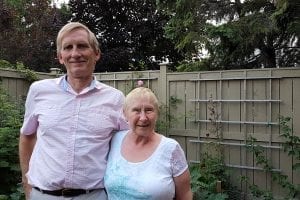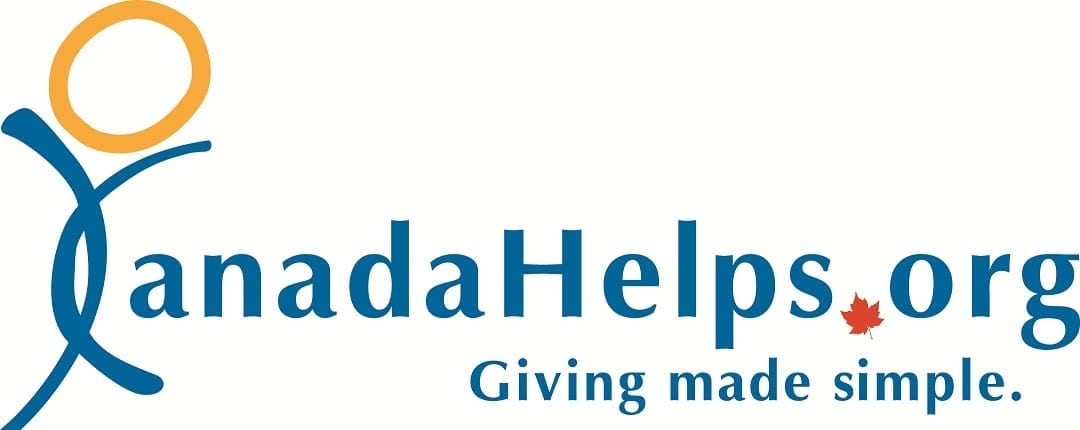Susan Wulf is a former member of the Canadian Forces and will be part of the Aftermath group traveling to Costa Rica August 24-29 for the #Recce Trip. Susan and her husband Ron were deployed throughout their career and suffered from PTSD following traumatic experiences they had during their various postings. In an interview with Camp Aftermath, Susan discussed her PTSD and treatment, and how she hopes to give back through her involvement in Camp Aftermath.
Camp Aftermath: How did you end up joining the Canadian Forces?
Susan Wulf: I grew up in Toronto, we had a typical Toronto lifestyle. I used to go to the piping competitions at the Sergeant’s mess. I used to play the bagpipes. And one day I was sitting chatting with a gentleman and we got into a bit of a contest over who was more physically fit. At the time I was teaching dance so I figured I was pretty fit. And he basically dared me to join, so I did. It was 1974.
I didn’t say anything to my parents about this, and on the weekend my dad said ‘so what have you been up to this week?’ And I said, ‘I joined the military.’ So that was that.
Canada was just getting into the humanitarian aid game, and I really wanted to make a difference. I wanted the world to have peace. I wanted people to just get along. I realized it was more complicated than that as time went on, because people’s values all over the world are so different, which can be very trying. But at the time, I just wanted the world to have peace because it seemed to me that there wasn’t any peace. I found it difficult to process the idea of just because somebody is different that we can’t get along.
CA: What was your experience with PTSD?
SW: When we moved to Russia in the 90s for a posting, we went from living in a community very much like this one in Ottawa, to a place where people’s concept of life and the value of life and morals was completely different. There was this idea that you were born to suffer, and the only way you could get into heaven was to suffer miserably, and this was very foreign to me.
I can remember when we came back from Moscow every time a car alarm would go off we would hit the pavement. I had been working on a street where a car bomb went off, and so that was just what you did. I mean these are the kinds of triggers that stay with you.
I first started experiencing symptoms of PTSD when we were back in Ottawa, and I remember I was driving in our truck down a dirt road, and I started thinking: I could end all this. No more pain. No more trying to cope. It could all be over, really easily. And then I thought: No, this isn’t right. I knew I had to get some help. So I phoned the member assistance line when I got home, and they got me in within 24 hours, which was good. I was dealing with Ron’s issues, and the fact that our daughter had basically disappeared, and we were also responsible for my mother who was not doing well at the time. PTSD is cumulative. It was a lot at once.
And of course, I’d also left the military, which was also kind of traumatic because you step out of the uniform and then you’re not sure who you are. I thought: I’m not that person anymore, so who am I? Civilians don’t really understand how badly that can affect a person. In a civilian life you can go from one job to another and you are still you. But when you leave the military you’ve been a rank and a position and then suddenly you’re Mr. or Mrs. Whomever, you just don’t know where you belong.
CA: Your husband Ron also had PTSD, how did PTSD treatment differ for you two?
SW: PTSD treatment was different for both of us. The woman I saw had no idea of what life outside of Canada was like. A friend of ours had written a book about experiences in Moscow, things that had happened while we were there, and so I gave her the book and asked her to read it so she would have an understanding of the things I was talking about. She was very helpful because she got me to talk about things, and she got me to talk about our relationship and how it had changed. I would say that because my PTSD wasn’t as bad as Ron’s that I started to heal sooner, and I could be more empathic towards what he was going through and we were able to come together again and work together.

Susan and her husband Ron at their home
I stopped doing treatment after about a year, and I’ve held it together pretty good.
CA: Why did you decide to become involved with Aftermath?
SW: I decided to help with Camp Aftermath because for one thing I was told that they needed somebody to do the administration (laughs). So there was a definite need for that, and I felt that it was good. I thought that helping other people that have the same disorder as we do would be good for us.
When Ron came home and talked to me about what they were trying to do with Aftermath and the fact that it wasn’t just military people, it was all first responders, I thought: This could work. I like this. Ron arranged for Farid and Hamid to come out and talk to me. And I looked at Farid and I said: I’m in. Let’s get started.
When we were in Moscow I had worked in a soup kitchen. Which Russian people thought was terrible, because you’re not supposed to do that kind of stuff. I was ridiculed by Russians for doing that. I found that helping out was a really good thing though. Even while we were there it gave me a bit of stability and made me feel like I wasn’t quite so useless. So when Aftermath came around I thought this is perfect. If we can help other people while we’re helping ourselves, even better.
CA: How do you feel about your upcoming Recce Trip to Costa Rica?
SW: I’m looking forward to the trip. I’m going down from an administrator’s perspective; I actually don’t qualify to go down as a participant, which is a good thing! So I’m going to be going down with an eye for what the participants will be doing while they’re there working on their issues, which will be good for me working in the admin capacity because I will be meeting some of these people and I should be well versed in what they are going to be doing. So yes, I’m looking forward to it. Very much.

